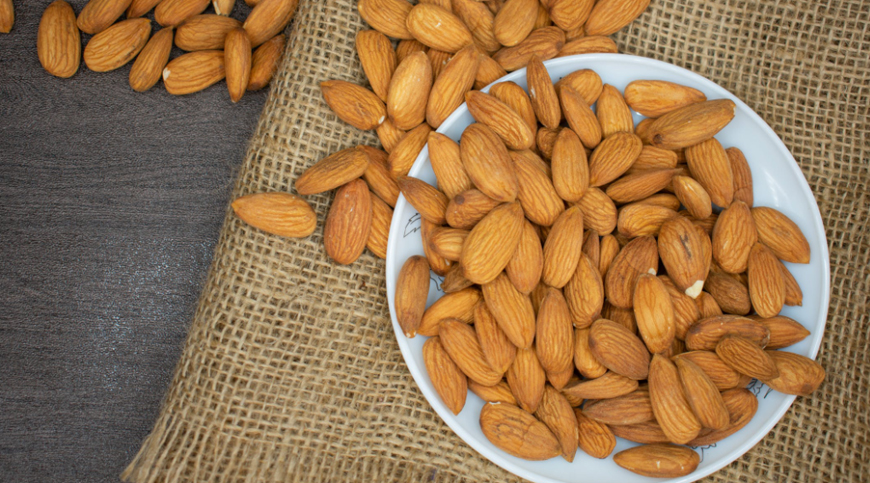Walnuts:
The unsaturated fat found in walnuts - omega-3 fatty acids may help in preventing the development of erratic heart rhythms. Omega-3 fatty acids may also prevent blood clots.Moreover, walnut kernels are known to contain double the amount of antioxidant content than other nuts.
Pistachios:
Pistachios have beneficial effects on glycemic and lipid parameters. Pistachios have a low glycemic index, are naturally cholesterol free, and are good sources of protein, fibre and antioxidants. These qualities make them great for preventing the risk of obesity and heart disease.
Almonds:
Almond is one healthy nutty delight. Regular consumption of almonds has been linked to lowering LDL (bad) cholesterol levels in innumerable studies. They are rich in monounsaturated fats, fibre, phytosterols, plant protein, tocopherol, arginine, magnesium, copper, manganese, calcium, and potassium makes them heart protective. Arginine, found in almonds, is a type of an amino acid that is required to make a molecule called nitric oxide which is known to relax constricted blood vessels and ease the flow of blood.
Peanuts:
Peanut contains a powerful antioxidant called resveratrol which is found in its skin and is known for its heart protective activity. Switching to peanut butter could be a healthier and protein-rich alternative to processed butter that is full of sodium.
Cashew Nuts:
Cashew nuts are rich in Vitamin E that may help in inhibiting the formation of plaque in your arteries allowing the blood to flow through them smoothly. Development of plaque in the arteries is one of the most common causes of coronary heart disease and heart attack. Sprinkle some cashews on your breakfast cereal or even on stir-fries for lunch.
Hazelnuts:
These buttery nuts are full of protein and fiber. They are rich in potassium, calcium and magnesium - minerals that help in regulating healthy blood pressure. They are also rich in heart healthy oleic acid which is known to lower bad cholesterol levels and raise good cholesterol levels.

